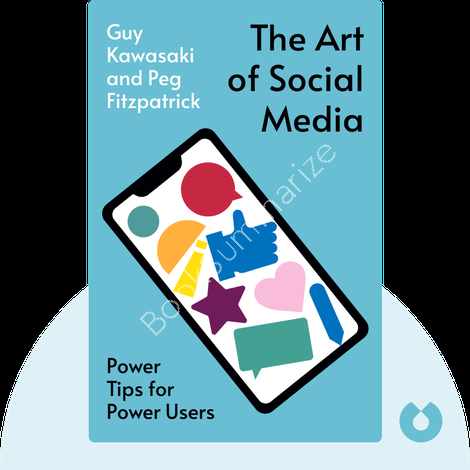
Mindstucksummary
Mastering the Art of Changing Minds
4.6 (324)
17 mins
Brief summary
In "Mindstuck," Michael McQueen explores the mental patterns that can trap us in unproductive cycles, stifling growth and innovation. Through engaging anecdotes and practical strategies, he highlights how our mindset shapes our actions and decisions. McQueen encourages readers to break free from limiting beliefs and embrace change, fostering resilience and adaptability. This book resonates with anyone looking to reignite their creativity and navigate life's challenges with renewed clarity. Ultimately, "Mindstuck" serves as a powerful reminder that transformation begins within.
Topics
Mindstuck
Summary of 6 key ideas
Understanding the Concept of 'Mindstuck'
"Mindstuck" represents a state of mental stagnation where individuals find themselves trapped in unproductive thought patterns. Michael McQueen begins by elucidating this concept, using relatable anecdotes that illustrate how these mindsets manifest in everyday life.
Throughout the book, McQueen notes that being 'mindstuck' can arise from various factors, such as negative past experiences, entrenched habits, or fear of the unknown. For instance, he describes a scenario where an employee consistently avoids taking on new projects due to an overwhelming fear of failure, despite having the skills necessary for success. This paralyzing fear, while protective on some level, leads to missed opportunities and ultimately hinders professional growth.
McQueen emphasizes that understanding why we become 'mindstuck' is crucial for breaking these patterns. By identifying the roots of stagnation, readers can begin to recognize the limiting beliefs that stifle both creativity and progress. He delves into psychological research to support the claim that awareness is the first step toward overcoming mental barriers. This exploration sets the stage for the rest of the book, as McQueen transitions into actionable strategies aimed at overcoming these self-imposed constraints.
Key ideas in Emotions Revealed



What is Mindstuck about?
Mindstuck by Michael McQueen delves into the psychological barriers that hinder personal and professional growth. This transformative guide invites readers to examine the roots of their stagnation, offering practical strategies to break free from limiting mindsets. McQueen's insights empower individuals to unlock their potential and embrace change with confidence. With a background as a leading strategist and speaker, McQueen brings a wealth of experience to help you reclaim your path. Embark on this journey of self-discovery and reshape your future today.
Who should read Mindstuck?
- Individuals feeling stuck in unproductive habits wanting to spark personal growth.
- Creatives seeking to break free from limiting beliefs to enhance their innovation.
- Professionals eager to develop resilience and adaptability in a changing environment.
- Leaders looking to inspire teams to embrace change and foster a growth mindset.
Categories with Mindstuck
Community also liked these summaries
It's highly addictive to get core insights on personally relevant topics without repetition or triviality. Added to that, the app's ability to suggest kindred interests opens up a foundation of knowledge.
BookSummarize has completely transformed the way I consume knowledge. Their audio quality is top-notch, and their content is curated with a focus on depth and relevance. Highly recommended!
The mission of BookSummarize to make the world full of knowledge is truly inspiring. Their platform is seamless and packed with insightful books and summaries. I’ve learned so much in such a short time.
BookSummarize is a game-changer for anyone who values personal and professional growth. The audio quality is crystal clear, and their content is engaging and informative. A must-have for lifelong learners.
The idea of spreading knowledge through BookSummarize is phenomenal. Their platform is user-friendly, and their book recommendations are spot on. Their commitment to quality is evident in every aspect.



























































































































































































































































































































































































































































































































































































































































































































































































































































































































































































































































































































































































































































































































































































































































































































































































































































































































































































































































































































